Why the ‘9/11 Truth’ movement endures 15 years later
Robert McIlvaine knows better than to talk, unsolicited, about the research he pores over at home in Oreland, Pa.
His 26-year-old son, Bobby, died in the north tower of the World Trade Center on Sept. 11, 2001. But as heart-wrenching a subject as that is, it’s the circumstances around the attacks — specifically, McIlvaine’s beliefs about precisely how the world-altering event unfolded — that he’s cautious to discuss.
His family supports his views, albeit quietly.
“My wife doesn’t take me out; doesn’t go with me anymore because she’s afraid I’ll bring it up with friends,” he says.
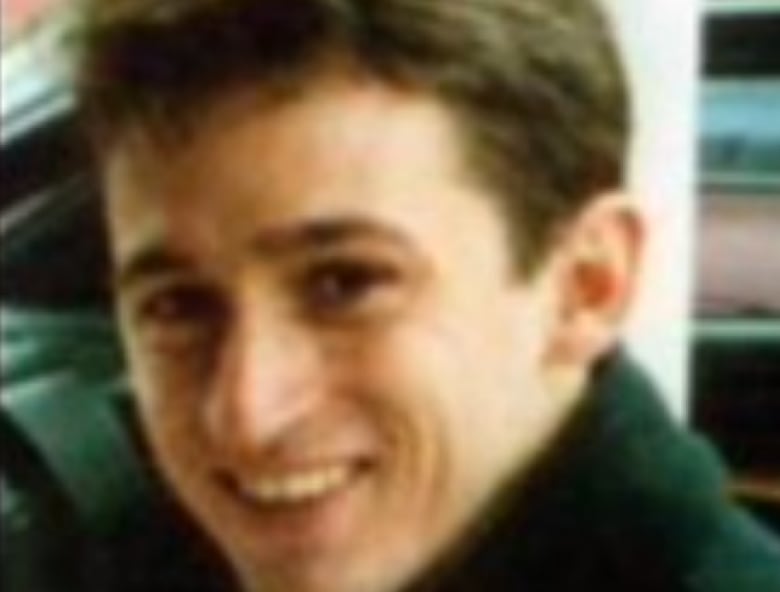
“Once in a while, someone will say, ‘I hear you’ve got some opinions on 9/11.’ And I say, ‘You better believe I have opinions.’ But, you know, it’s tough to talk about.”
McIlvaine is a 9/11 “Truther,” part of a group that rejects the official account of al-Qaeda waging co-ordinated assaults on America 15 years ago, killing 2,996 people in New York City, the Pentagon in Arlington, Va., and in Shanksville, Penn. (McIlvaine does not care for the “Truther” label himself, though he considers himself a truth activist on a quest to expose 9/11 as a “false flag” operation staged to draw the U.S. into war.)
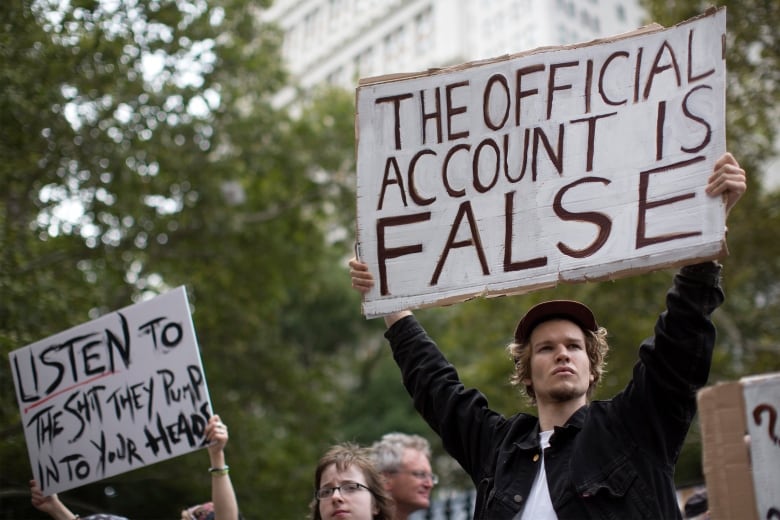
That the 71-year-old retiree is also the father of one of the New York victims has caused some other families of victims to distance themselves.
“So many people have dropped out. No one wants to talk about it,” McIlvaine says. “It’s like you have leprosy.”
9/11 and the internet
And yet, the Truther movement lives on. Fifteen years later, the devastating attack on America that coincided with the nascent internet age continues to spawn discussions hosted in forums that speculate about the moon landing, the Hollow Earth hypothesis and the JFK assassination.
The official account says McIlvaine’s eldest son — an aspiring fiction writer who graduated from Princeton University — was working as a media relations specialist for Merrill Lynch on the 106th floor when American Airlines Flight 11 struck the north tower.
That’s all I do every day … [Look for] the best way to explain what happened– Robert McIlvaine , 9/11 Truth activist
McIlvaine suspects otherwise. Based on injuries his son sustained, including to his face and chest, he maintains Bobby was killed by an explosion, possibly before the plane crash. As Bobby was among the first 10 bodies found, he says, McIlvaine believes his son was in the tower’s lobby.
“If he was on the 106th floor, he wouldn’t have been found so quickly.”
<a href=”https://twitter.com/hashtag/911truth?src=hash”>#911truth</a> <a href=”https://t.co/RBqzSDJxmA”>pic.twitter.com/RBqzSDJxmA</a>
—@SovereignNews
Despite an exhaustive 2005 special report by Popular Mechanics debunking 9/11 theories, polls still show a sizeable population of Americans dispute the official account.
An October 2006 New York Times/CBS News survey carried out by Angus Reid talked to 1,042 U.S. adults. Asked whether they suspected that the Bush administration had some foreknowledge about the attacks, 28 per cent believed the administration was “mostly lying” about its 9/11 intelligence prior to the attack.
Meanwhile, the group Architects and Engineers for 9/11 Truth continues to hold symposiums contending that a “controlled demolition” involving “explosives and/or other devices” brought down the Twin Towers and WTC 7. Online videos claim holograms were used to project airplanes into the sky. Local 9/11 Truth chapters around the U.S. still meet for potlucks and seminars. And on Saturday, McIlvaine is scheduled to deliver a speech to Truthers in New York City.
Periods of uncertainty, distrust
At a time when only one in five citizens (19 per cent) say they mostly trust their government, according to a 2015 Pew Research survey, scholars on the culture of conspiracy theories regard the longevity of the 9/11 Truth movement as a symptom of that pervasive distrust of government.
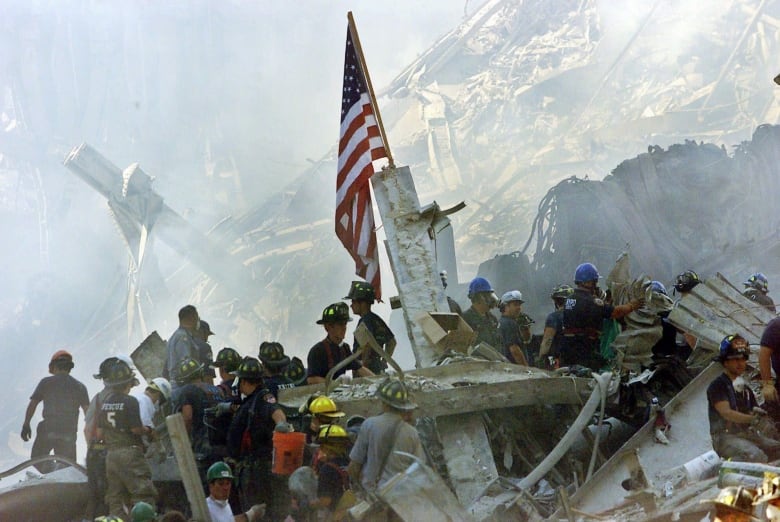
“People who are more personally distrustful tend to buy into conspiracy theories more,” says Mike Wood, a Canadian lecturer at the University of Winchester in England specializing in the psychology of conspiracy theories.
If anything, Americans seem more distrustful of their government than in a long time. An anti-establishment mood pervaded the latest U.S. election primary season. It also culminated in the Republican nomination of Donald Trump, a party outsider who has propagated conspiracy theories questioning President Barack Obama’s birthplace.
Wood says those suspicious of the government also tend to be more aware of “actual historical conspiracies, where the government did something shady.”
“Like the weird stuff the CIA did during the Cold War,” such as declassified documents revealing the agency’s Project MKUltra to develop mind-controlling drugs and the 1959 theft of a Soviet spacecraft to learn secrets for the Space Race.
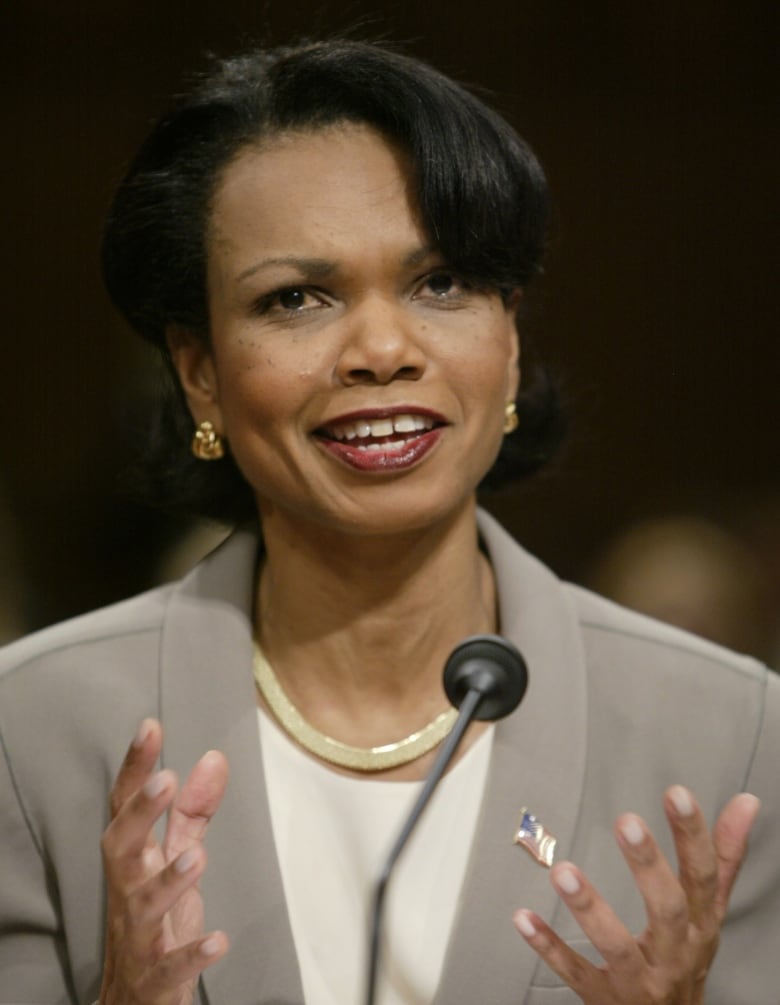
Research also shows conspiracy theories tend to reach peaks around “times of uncertainty,” according to Wood. In the case of something as extraordinary as a 9/11, an event resulting in thousands of lost lives, a massive reshaping of the iconic New York skyline and two wars, he says the conventional narrative may be tough to swallow.
Some Americans had never heard of al-Qaeda or even Afghanistan before 9/11. And so, alternative explanations filled the vacuum, says Dave Thomas, a fellow of the Committee for Skeptical Inquiry, who has debated prominent Truther Richard Gage.
How a supposedly little-known group could have changed the course of history “just wasn’t a good enough answer to satisfy” some people’s desire for closure, Thomas says.
While McIlvaine attended the 9/11 Commission in 2003, he left angry and dissatisfied by testimony from then-national security adviser Condoleezza Rice.
“Everybody was just beating around the bush,” he says. “She started to filibuster, just talking nonsense.”
So McIlvaine began to dig on his own for answers online, watching web documentaries such as Dylan Avery’s 9/11 truth staple, Loose Change, as well as reading more American history.
“That’s all I do every day … [Look for] the best way to explain what happened.”
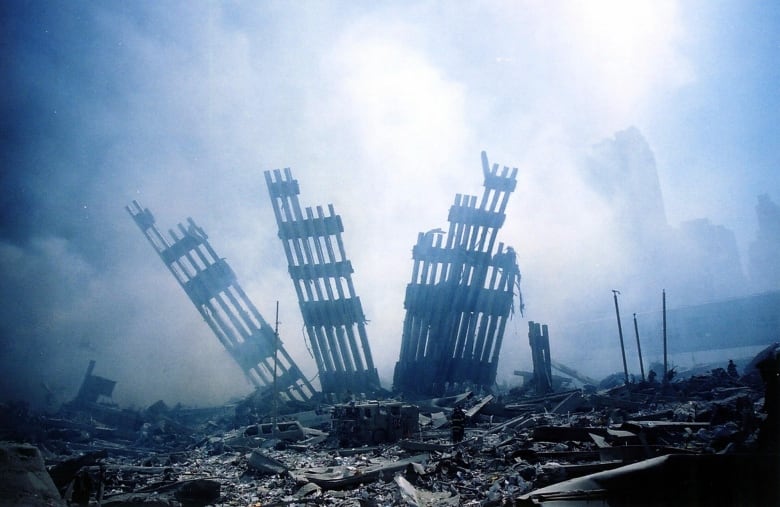
Distrust in authority “plays into this rejection of the reigning or orthodox narrative of some subject,” says Syracuse University professor emeritus of political science Michael Barkun, author of A Culture of Conspiracy.
“We want stories and narratives that make sense of the world,” Barkun says. “The idea that such an event like the sudden destruction of landmark buildings like the World Trade Center could be caused by 19 nobodies belonging to an organization that almost no Americans had ever heard of, living in ragged encampments in Afghanistan, simply, I think, made no sense to some people.”
Researchers who study conspiracy theorists point to the dismissal of an official “lone nobody” conclusion on 9/11 as sharing similarities to the continued obsession with the assassination of U.S. president John F. Kennedy in 1963. This, despite the fact the 9/11 Commission report estimates that al-Qaeda was in fact well financed, spending $30 million a year on operations.
Christopher Bollyn, a Truther described by the Southern Poverty Law Center as a “raging anti-Semite” who pushes a theory about 9/11 as a Zionist plot, makes the JFK conspiracy comparison himself.
“It’s just like, how could Lee Harvey Oswald, with one little gun, make the three shots that killed President Kennedy?” he asks. “It’s a fairy tale.”
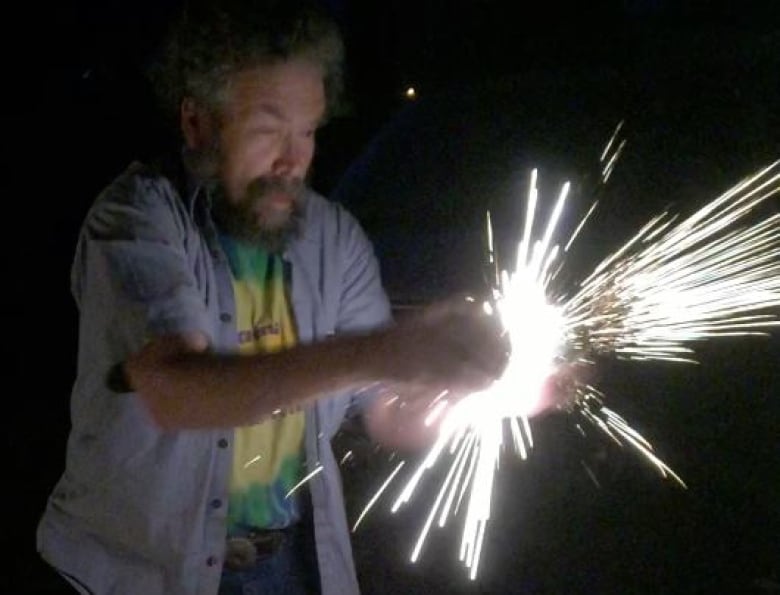
Though Bollyn shares little in common with those who seek to debunk Truther conspiracy theories, he does agree with them on one thing — namely, that 9/11 gave burgeoning online communities a new global calamity to dissect together in real time.
“The internet has been the real equalizer, allowing people like myself to do research and build a community of Truthers. It was the game-changer,” Bollyn says. “The internet gave us the power.”
Thomas, the skeptic with the Committee for Skeptical Inquiries, prefers to think of the internet as an “enabler for pseudo-science,” giving people who at one time worked in isolation on their theories an open community in which to share new conspiracy theories.
For his part, McIlvaine doesn’t care about the Truther movement one way or the other, or about the many articles and investigations that have debunked 9/11 conspiracy theories.
He remains convinced about his own narrative.
“I feel good about what I’ve done. My wife’s happy about it, my [other] son’s happy about it. I still go to bed,” he says. “And I’ll say I did what I did for Bobby.”
*** This article has been archived for your research. The original version from CBC.ca can be found here ***


